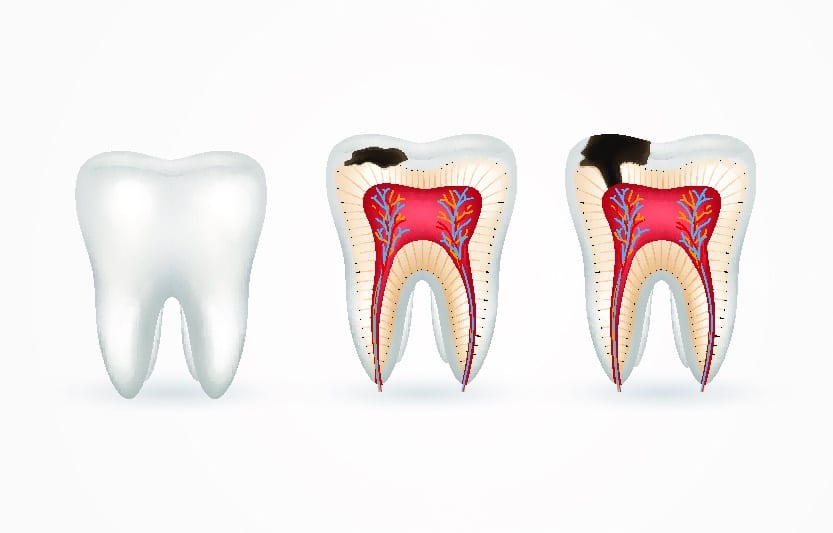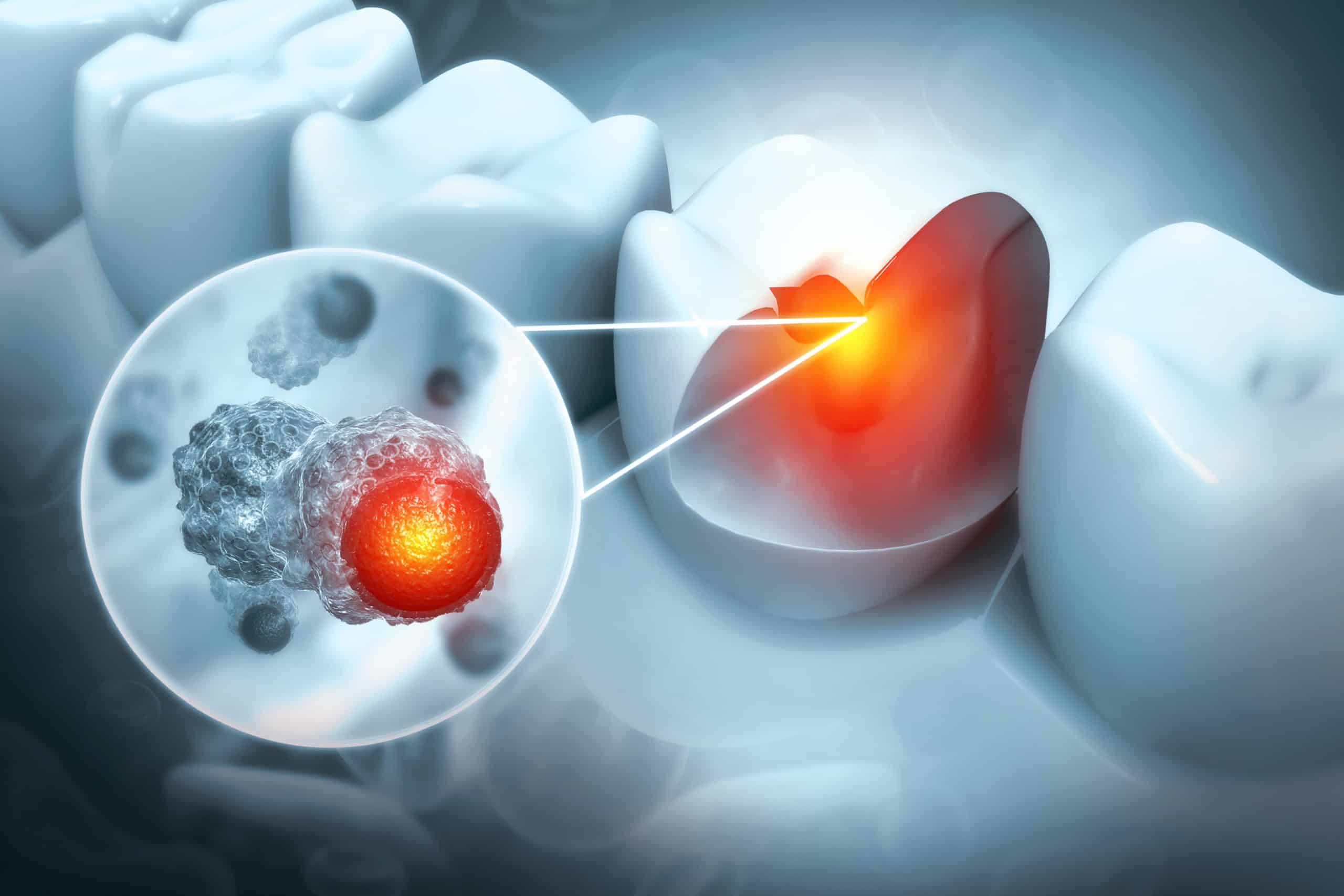SKYGATE DENTAL
Dental fillings Brisbane
Why Skygate Dental?
Fillings when you need them
Skygate Dental is open 7 days a week to help treat you when you need us most. With no extra costs on weekends, our dental filling cost remains the same every day. Often times we can have your filling completed in as little as one appointment. Helping you avoid potential pain and additional cost. Let us get you back to enjoying life with a bigger smile.
Health insurance
We accept all major Australian health insurance. We can even assist you with overseas health fund claims. There is never a good time for tooth decay requiring a dental filling to occur. We are here to help many the process a little easier. Find out how easy our tooth filling and health insurance claiming can be today. Book online today!
Conservative Compassionate care
At Skygate Dental we work hard to ensure you get the best possible care. Our dental services are aimed at preserving and preventing tooth lose whenever possible. We aim to provide exception dental care by giving you the time and information you need. We will provide you with a treatment plan with any additional available options, letting you make an informed decision.
READ OUR HISTORY
Our Availability
Skygate Dental understands that dental emergencies can be a stressful time financially. We are one of the few dentists in Brisbane to offer flexible payment plans that can help you avoid stress and be free to prioritise your health.
You can elect to pay interest-free payments within a year if the cost is less than $2,000. You choose when payments are made whether it is a weekly, fortnightly, or monthly schedule. You can read more about our payment plan options here. The team at Skygate Dental believe that health should always come first and want to be able to support patients regardless of their income level.
Dental Fillings
If You are looking for a Dental filling in Brisbane, then look no further than Skygate Dental.
We offer the latest treatments including tooth coloured fillings and technology to ensure your comfort and safety. Our expert dentists will review the work with you and provide options of treatment to achieve the best possible results, generally completing most tooth fillings in as little as one appointment.
Fillings are often required for a number of reasons, most notably by people who have had a chip or broken tooth or have developed cavities in their mouths because of a gradual decline in oral health. Tooth filling (caused by tooth decay) can often times be avoided by maintaining regular check ups.
There are a number of different types of materials such as silver amalgam, gold, composite resin and ceramic that can be used to place a filling(s). Our dentists will discuss the appropriate material for you situation prior to placement. Most information on filling materials can be found below.
Steps to identifying and treating a cavity / broken tooth
Identification
The first step in dental filling process include an oral exam to determine not only the teeth experiencing but another other teeth with fillings required. Any teeth identified as having carries / a cavity is recommended to be treated early. When left untreated further damage and further tooth decay can occur. This can generally lead to pain, broken teeth leading to larger fillings, additional treatment such as root canal treatment and a crown, or ultimately a tooth extraction.
Discussion and Confirmation
Following the oral exam, a discussion of the surfaces affected the by cavity, the types of filling materials best suited, the risks (any surgical or invasive procedure carries risks), the likelihood of success, and the total dental fillings cost.
X-rays for More information
Next, often times x-rays are then preformed to determine the depth of the cavity and its proximity to the nerve. This assists in determining the likelihood of long term success of the filling procedure.
Discussion
The next step in the dental filling procedure is to determine the dental filling material best suited for your restoration. Many factors are considered during this step, which include but are not limited to tooth location, tooth structure, surrounding tooth structure, if an old filling is present, depth of the cavity or break in the tooth and much more. If the depth of the cavity or break is in close proximity to or has exposed the nerve, it is possible to require additional treatment to settle a toothache. The most common procedure would be a root canal. Any additional procedures including root canals will be discussed prior to any treatment occurring.
Our appropriately qualified health practitioner will then numb the area as required to ensure comfort for the patient during the filling procedure. Once numbing has been confirmed to be affective, they will begin to remove any tooth decay present to ensure no further decay will occur.
If the filling is required for a broken or damaged tooth structure they will clean the area to mitigate any possible future complications. It is important to note all dental work carries risk, we will discuss any risks associated with your treatment prior to commencement.
The dentist will the place the filling material in the site and being the process of shaping and contouring it to the shape and position of the natural teeth.
When treating a cavity, dentists will first identify the tooth and surfaces affected. Once this process has been completed the dentist will have a brief consultation with the patient.


What Does it feel like to get a Tooth Filling?
The dentist will numb the area with an injection of local anaesthetic and use a drill to remove the decayed portion of your tooth. You may feel pressure, but there should be no pain. The dentist then cleans any decay from inside the drilled hole, and uses a bonding agent to seal it up. Tooth fillings are made to match the shape and size of your tooth so it blends in as much as possible with the rest of your smile.
SKYGATE DENTAL
We offer the latest treatments and technology to ensure your comfort and safety while our expert dentists work with you to achieve the best possible results. Regardless if the cavities or decay are covering one surface to all five surfaces. We have a fixed price for each size of filling and different material. This assist us in providing an accurate dental filling cost from the start.


Tooth Filling Brisbane FAQs
How long do dental fillings last?
A dental filling can last 10-20 years if it is properly maintained. The lifespan of a filling depends on the restorative material used, your oral habits, and the size of the filling. Watching for changes in the condition of dental fillings during your scheduled check-ups is an important part of good oral hygiene. A comprehensive whole mouth check is often recommended to occur at least once a year.
What can you do to maintain the health of my fillings?
Avoid chewing on ice or hard candy because the pressure from these will damage your teeth and can even break a filling. If you have any pain or sensitivity around your filling, it would be best to get it checked by a dental professional. The dentist will assess the condition of your filling and decide what treatment is necessary.
What types of filling are there?
Various materials are used as fillings in your teeth. Your dentist will recommend a filling material type based on your needs. These can include: Amalgam, Composite Resin, Glass-ionomer Cement, Gold and Porcelain or a temporary filling. These are all approved in Australia for use. You can learn more about these below.
Amalgam
Dental Amalgam filling (often referred to as silver fillings) has been used for more than 150 years thanks to its strong metal mixture- a combination of silver, copper, tin, mercury and zinc. Although exposure to mercury can be toxic, an amalgam filling is safe and effective for most people. The Australian Dental Association, along with the dental practices and dental community worldwide, continues to support the use of amalgam fillings. However, they suggest avoiding use in pregnant or breastfeeding women, children and people with kidney disease.
Composite resin
Composite resin (also known as white fillings) is a tooth-coloured or white filling material that can be matched to the colour of your teeth. Composite resin looks more natural than amalgam, but is more expensive to produce. Some studies have suggested that composite resin might not last as long when filled in adult back teeth, which handle a lot of pressure.
Glass-ionomer cement
Glass-ionomers can also be matched to your teeth colour, but they might not last as long as composite resin. Glass-ionomers are usually used in areas where there is not a lot of biting pressure and on baby teeth.
Gold and porcelain fillings
Gold and porcelain fillings are both long-lasting but with different benefits. Porcelain teeth can be matched to the colour your teeth, while gold fills require less maintenance compared to amalgam ones. Both types of filling are more expensive than amalgam, too.
Temporary fillings
If you’re unable to finish your dental treatment in one appointment, the dentist might suggest a temporary filling. This temporary filling will be replaced at a later date to suit your needs.
What You Can Expect After a Dental filling?
After a filling is placed there is not expected to be pain, it might feel sensitive when you eat something sweet or bite your teeth together, or when the temperature changes. This is typically a temporary sensation, when this persists, talk to our dentists for advice. If pain becomes evident contact us straight away.
Benefits and risks of teeth fillings
A filling is an early treatment for tooth decay that can help clean up a decayed area and make it less sensitive. Over time, fillings may chip or crack, making it easy for food bits to become trapped between the tooth and the filling. When it comes to your overall oral health, a dentist will usually check your fillings during a regular dental check-up.
What are alternatives to a dental filling?
Sometimes a dentist will use a crown to protect the structure of your tooth. Crowns are often used to fill gaps where there is not enough healthy tooth left for a filling or the decay has caused extensive structural damage that a filling will not provide the strength required to last.

